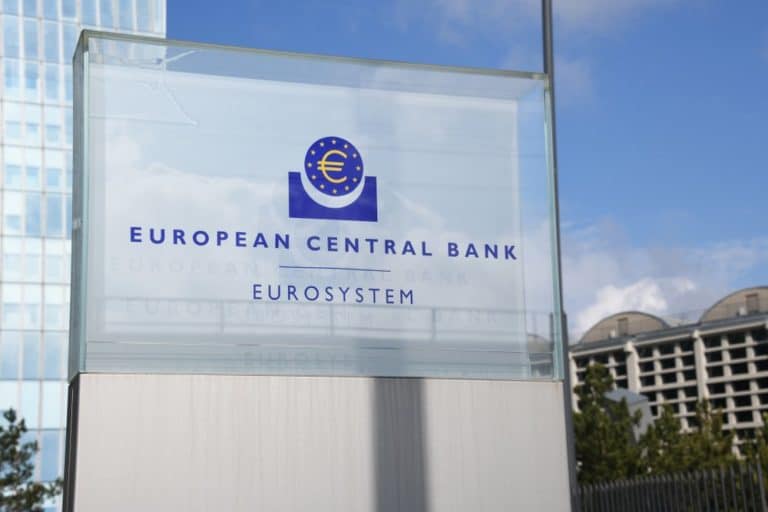Fabio Panetta, the former Director of the Bank of Italy, explains the progress made on the Euro central bank digital currency. Many observers noted that his comments and rhetoric seem to follow a monotonously familiar approach.
The European Central Bank has a habit of playing up threats or conflating things that may be viewed as threats to push integration and retain power. The ECB takes economic narratives and makes them about security to further expand the technocratic powers it holds.
The ECB’s stylings
As an example, the Eurozone crisis provides us with a look into how the ECB approaches some things. The ECB painted it as a looming, existential threat. How? Through the use of careful rhetoric, similar to Panetta’s recent presentation.
The ECB convinced many that too much was at stake to bother with public opinions. The decisions were left to unelected technocrats, protected from political input, purportedly to reassure markets.
The ECB intervened again, removing Berlusconi from office and replaced with a temporary/transitional budgetary regime. When Greek Prime Minister Papandreou put the ‘rescue package’ to a public referendum, the ECB was there to apply enormous pressure.
Securitized language
The ECB has used language that securitizes concerns, with the Conservative-Liberal Democrat Coalition’s 2010 ‘Emergency Budget’ standing out as an excellent example of that. The securitized language was used to justify austerity measures that took from welfare funding.
It is no secret that big tech entities are not any good either. Inherently, those who wield such powers have two goals in mind: get more power and keep what you’ve already got. In an ideal world, the people Europeans elect would be in charge, working for the good of all. Sadly, that is not the case.
